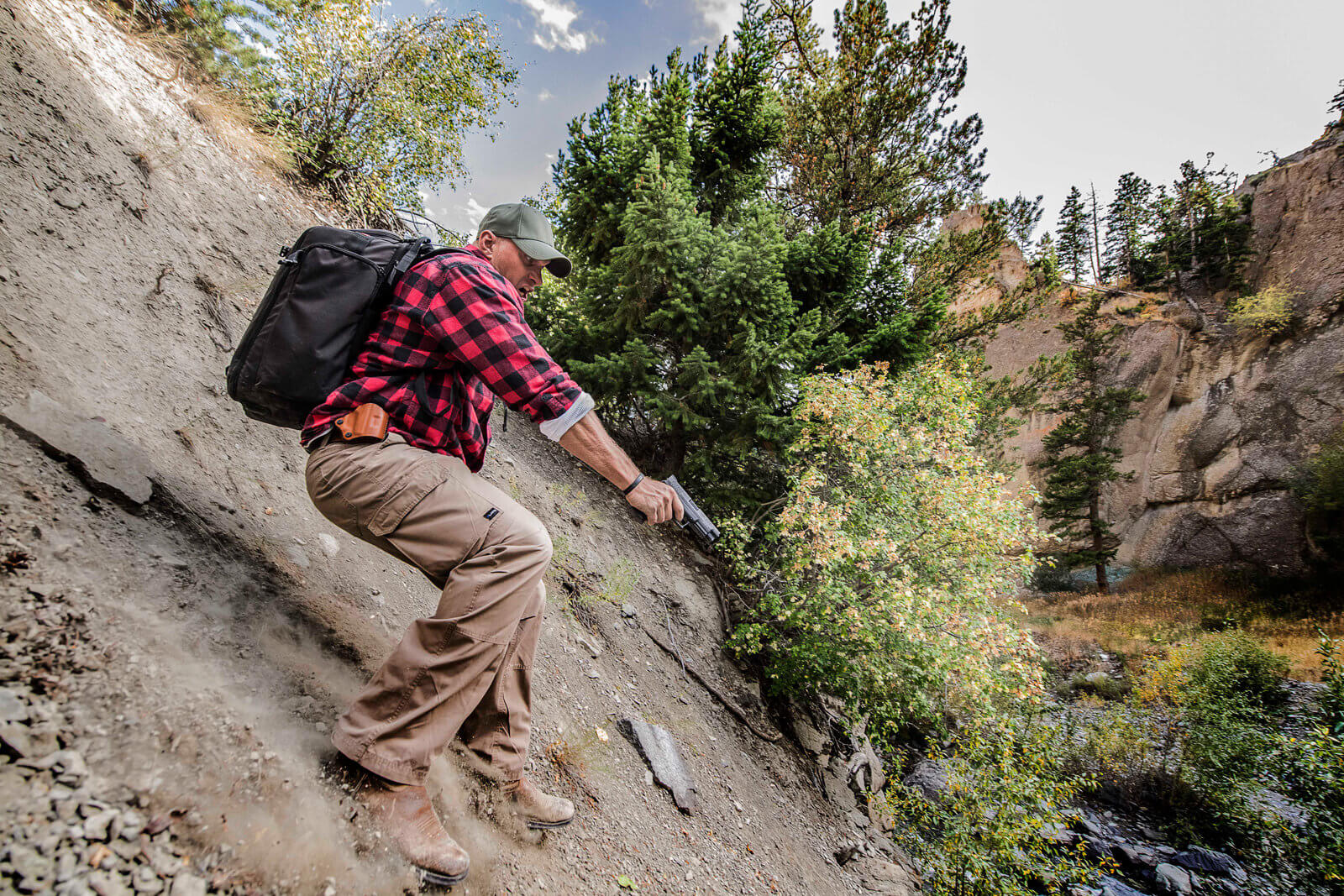Search and rescue operations for lost hikers annually cost millions and put significant strain on resources. Many lost hikers are eventually found, but for those who are not, it leaves their families in a state of painful uncertainty. The article emphasizes the importance of preparation before heading out for a hike to avoid falling into such situations. It details how many rescue missions are for hikers who haven't gone astray but instead become injured, fall ill, or didn't properly assess their physical capabilities or the trail's difficulty in advance.

The author Kit Perez, drawing from her experience as a first responder in Montana, stresses that many hiking incidents could be prevented by adequate planning. Tourists often overestimate their fitness levels or unfamiliarity with the terrain, while locals might face medical emergencies while on the trail. There is a recommendation to first understand your own physical state and limits by planning your hike accordingly, taking into account factors like altitude and distance. Also, awareness of any medical conditions is crucial, ensuring you have adequate supplies to manage these while hiking.
When planning a hiking or camping trip, research into the location is indispensable, which involves going beyond basic knowledge like trail length. The article suggests understanding potential animal encounters, terrain type, and weather patterns, which can significantly alter hiking conditions. Always carry a map, and for those intent on solo hiking, measures like leaving a detailed plan with a trusted person can be lifesaving. Such thorough preparation for hiking can make the venture both rewarding and safe, mitigating potential risks. For further insights, one can read the full article here: Backcountry Hiking Survival Guide - The Armory Life.
No comments:
Post a Comment